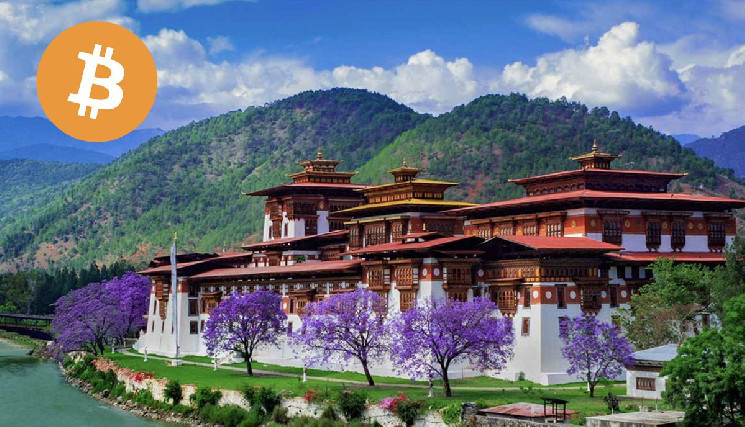
- Bhutan holds 13029 Bitcoin worth $780 million powered by eco-friendly hydropower mining from early 2023.
- Bhutan ranks fifth in global government Bitcoin holdings after the United States China and the United Kingdom.
- Bhutan’s Bitcoin mining strategy contrasts with El Salvador’s approach of using it as a legal tender and reserve.
Bhutan is now the fifth largest sovereign Bitcoin holder. Overall, the country has 13,029 BTC worth approximately $780 million. This amount is bigger than El Salvador’s holdings, known for its crypto adoption.
FUN FACT: 🇧🇹 Bhutan, the small Himalayan kingdom famed for measuring “Gross National Happiness,” has quietly become the fifth-largest sovereign #Bitcoin holder! 🪙
With 13,029 $BTC, they hold more than double El Salvador’s stack! 🚀 pic.twitter.com/6D0U7qC6Eb
— Swan (@Swan) January 2, 2025
Unlike other governments, Bhutan acquires Bitcoin through mining operations instead of purchases or asset seizures. The investment arm, Druk Holdings & Investments (DHI), leads these activities.
Bhutan uses its abundant hydropower resources to mine Bitcoin sustainably. Since early 2023, the country has increased its mining efforts, aligning with its eco-friendly goals while building digital reserves.
Strategic Mining and Growth
Reports show Bhutan ranks fifth globally in government Bitcoin holdings. Only the United States, China, Ukraine, and the United Kingdom hold more. The nation uses its hydropower to support energy-efficient mining, which strengthens its reserve without harming the environment.
El Salvador follows a different strategy for Bitcoin accumulation. The Central American country has over 6,000 BTC, valued at approximately $569 million. Its government adopts Bitcoin as a reserve and legal tender to promote economic inclusion.
Different Approaches to Bitcoin
In 2021, El Salvador started buying in Bitcoin and continues doing so. It recently concluded a $1.4 billion loan from the International Monetary Fund which required it to scale back its crypto policies. Despite international criticism, its Bitcoin strategy has integrated Bitcoin into its financial system.
Bhutan focuses on mining while maintaining sustainability. Its reserves grow through environmentally friendly practices, which align with its development priorities. In contrast, El Salvador’s strategy centers on integrating Bitcoin into its economy.
These different approaches highlight how nations adapt cryptocurrency strategies based on their resources and goals. Both countries show how Bitcoin plays an increasingly important role in global economies.
